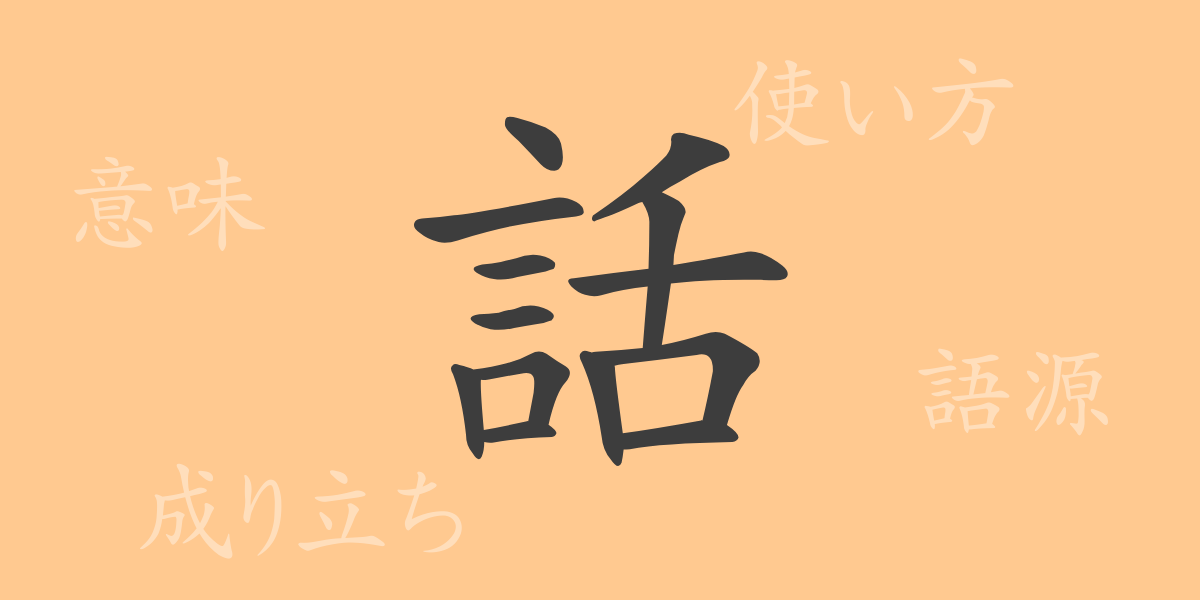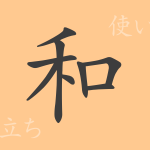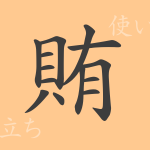The 常用漢字(じょうようかんじ) “話(はなし)” rooted in Japanese culture plays a central role in daily communication. In this article, we delve into the rich history and meaning of the character “話(はなし)” and explore various expressions used in everyday life. From its etymology to compound words and proverbs, let’s unravel the charm of the character “話(はなし)”.
Origin of “話(はなし)”
The kanji “話(はなし)” is composed of the radical “言(げん)” which means “words” and the character “舌(した)” which represents “tongue” or “speech”. It was created in ancient China to depict people exchanging words and conversing. By combining these two elements, it symbolizes that the act of speaking is established through words.
Meaning and Usage of “話(はなし)”
The kanji “話(はなし)” refers to basic actions related to communication such as “speaking” and “conversing”. Additionally, when used in words like “話題(わだい)” (topic) and “話し手(はなして)” (speaker), it can refer to the content of the conversation or the person who is speaking. Moreover, as an abstract concept, “話(はなし)” can also indicate an event or a topic.
Reading, Stroke Count, and Radical of “話(はなし)”
The kanji “話(はなし)” is widely used in the Japanese language and has distinctive readings and form.
- Reading: In On’yomi (音読み), it is read as “ワ(わ)” and in Kun’yomi (訓読み), it is read as “はな(す)” and “はなし”.
- Stroke Count: The kanji “話(はなし)” has a total of 13 strokes.
- Radical: The radical of “話(はなし)” is “言(げん)”, which is commonly used in kanji related to words.
Compound Words, Idioms, and Proverbs with “話(はなし)” and Their Meanings
There are numerous compound words, idioms, and proverbs in Japanese that include “話(はなし)”. Here are some examples along with their meanings:
- 世間話(せけんばなし): Light conversation about everyday events and people’s gossip.
- 話半分(はなしはんぶん): Listening to someone’s words with a grain of salt, not taking everything at face value.
- 話に花が咲く(はなしにはながさく): The conversation becomes lively and animated.
- 話が違う(はなしがちがう): Expressing dissatisfaction when promises or plans are changed.
- 口が軽い(くちがかるい): A tendency to let secrets slip out easily.
Summary of “話(はなし)”
The kanji “話(はなし)” forms the foundation of communication in our daily lives. From its etymology to its modern usage, this kanji encompasses a wide range of meanings and applications, teaching us the power of words and the importance of speaking. Through “話(はなし)”, people have shared information, exchanged emotions, and nurtured culture. “話(はなし)” will continue to play a significant role in our lives.

























